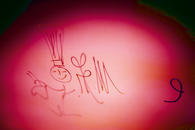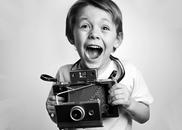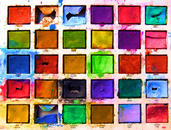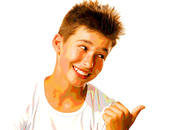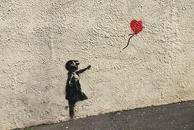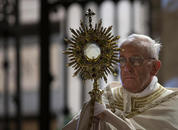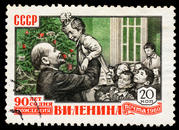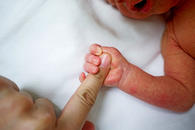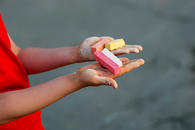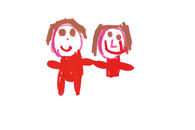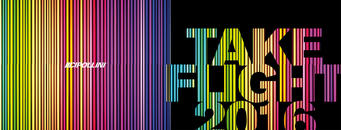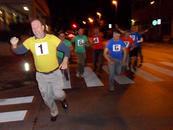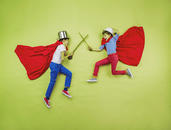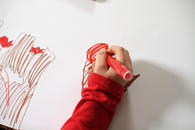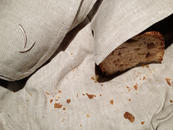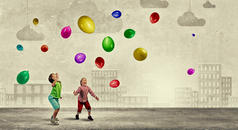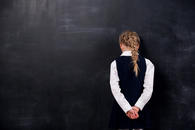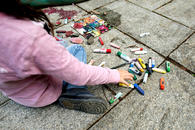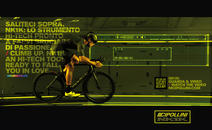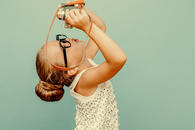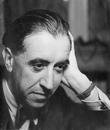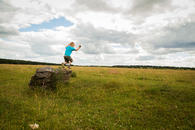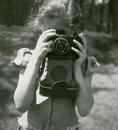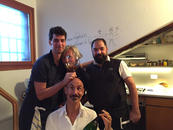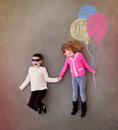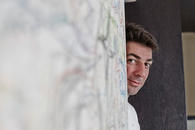We just received news from the 20th annual MediaStars, the Italian advertising award held in Milan, that the Cipollini NK1K video, produced together with ControCampo, received six awards, including 1st place for "Institutional Film" and 2nd place for top film in any category. For more info, visit our website.
The magical art of transforming things
Recently, urged by Max Alajmo, I looked back my childhood, referred to by many as the golden years of one’s life. I must admit that I never considered my childhood to be particularly golden, even if I grew up in a positive, stimulating environment with a loving family. As a matter of fact, I believe that even the best childhood that ever existed (or will ever exist) would be marked by little controls or pressures placed on the child by an adult (and by controls I also mean protection). Even if protection is unarguably necessary to raise a child, it still requires imposing certain conditions.
But this isn’t the only thing that puzzles me about childhood. To better express this concern, I went back to a book that really struck me when I first read it because it describes the contradictions of that specific period of our lives – contradictions that I witnessed first hand when my daughter was still a child. The book, written by Pietro Calamandrei, is entitled “Colloqui con Franco” and is about the life of your child between the ages of 3 and 5 years old. He suggests that what we, as adults, notice the most isn’t how much the child learns, but how much he or she looses, meaning the freedom of thought and excitement that windless away day by day. Consider the last sentence of the book: “Franco, you talk as if you were already an adult, like the way ladies speak over lunch, like politicians in the parliament…how sad!”
I was also taken aback by a comment made by Franco Lorenzoni regarding the book. He suggests that as we try to enter into the mysterious world of a child, we automatically want to possess the magic art of transforming things. Lorenzoni provides a marvelous example. If a child is given a piece of wood, it can become a cup in his mind. If he discovers that his magic cup is empty, he can turn it into a bottle of water that can fill the cup and offer it to his mother as a sign of affection.
In this magical art of transforming things, we find a remote trace of the origin of inventing stores. It is the base of poetry. Art makes life livable. In the end, religion also provides us with a transformative power (take for example the Corpus Domini). The magical art of transforming things, which is linked to creativity, implies not being tied to preconceived notions, not believing in public opinion, and knowing how to have fun regardless of life’s more sour moments. (And I don’t think it’s a coincidence that I came up with this reflection thanks to Max Alajmo. I believe that is one of the few creative people who is still able to “transform things” today. And he does so with sincerity, grace, and a childish force that somehow has remained pure.)
When I think of childhood, I can’t help but think of lost opportunity, and I can’t help but think that we have yet to come up with a truly human way to raise kids. Perhaps that’s why people say that (and this could possibly be the only public opinion that I agree with) man is only able to exploit a small portion of his potential. A large part is lost due to education, to life itself, that makes our experience increasing bitter, complicated, competitive and insensitive.
23/06/2016 Filippo Maglione

